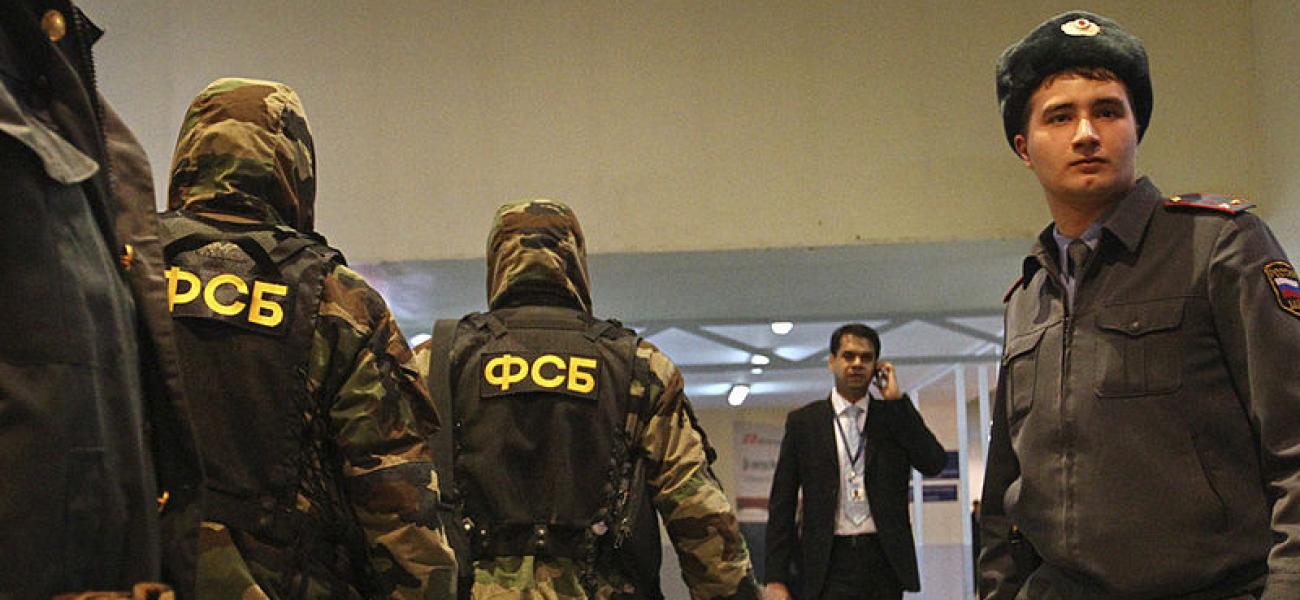
How the Kremlin Corralled the FSB
This is a summary of an article originally published by Foreign Affairs.
The author writes that beginning with Vladimir Putin's presidency in 2000 until recently, Russia's Federal Security Service (FSB) was something of a "new nobility ... generously funded, immune from oversight and free to act against the real and perceived enemies of the Kremlin." However, when the FSB failed to predict the mass protests of 2011 and proved unable to respond to them—the FSB sent a fax to ask social network Vkontakte to take down pages used by the protestors to organize and mobilize—Putin's trust in the agency began to wane. With the goal of reducing the agency's autonomy, Putin in 2015 quit recruiting FSB agents for top-level positions and also began ridding himself of those old friends who supported a large role for the security services. Putin's new model, intended to keep secret services and law enforcement off balance, is similar to that of the late Soviet Union, "when the Politburo called the shots and kept the intelligence services on a short leash." However, this model featured a major problem. The information services "eventually ceased supplying critical information to the top for fear of telling their bosses what they didn’t want to hear."
Read the full article at Foreign Affairs.
Andrei Soldatov
Andrei Soldatov is an investigative journalist and author of "The Red Web: The Kremlin's Wars on the Internet."
Photo by Kimbichlich shared under a CC BY-SA 4.0 license.

